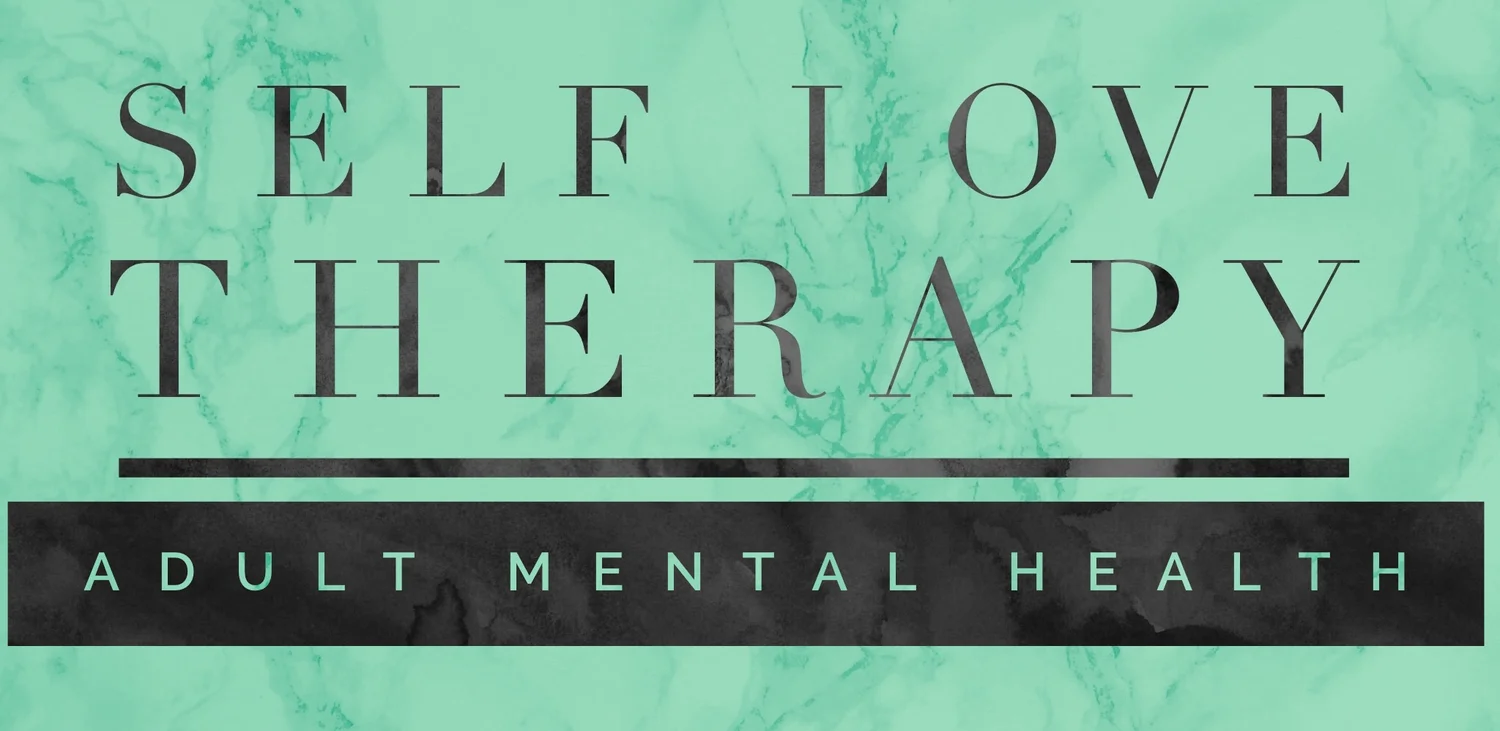From Nice in France to Kabul in Afghanistan, media has been packed with shocking assaults on innocent lives. Both as direct victims or indirect observers, these attacks have widespread effects on our mental health. How do we take in, process and ultimately find closure through the grievance of such heart-wrenching losses?
In her 1969 book “On Death and Dying”, Elisabeth Kübler-Ross proposed that, humans from all walks of life experience grief and mourning. But, unjustified violence complicates this process. Intense levels of media coverage and the public’s concern over terrorist attacks also increase general levels of stress by acting as a reminder of feared outcomes. In this post, I highlight the Kübler-Ross model of grief and loss to explain the emotional storm the community of humans might be experiencing in the face of recent news:
1. Denial
Lasting even for few seconds, the first reaction to the news you get from your media outlet might be to deny the reality of the situation – a state of shock. It is a normal reaction to rationalize the shocking impact of devastating emotions. Whether achieved by turning off the TV (or keeping it on even through repeating news) and tuning in to your favorite happy music: denial for some of us is the first line of defense that preserves the integrity of one’s nervous system through buffering the shocking news. We block out the words and hide from the facts to allow them in slowly. This is adaptive! Grant this person the space and nurturance they need to move past their denial and avoid minimizing a situation that is already intense and equally unacceptable. The recent attacks on civilians are sudden, unexpected and unaccounted for, leaving more grieving individuals in a state of shock and denial.
2. Anger
As the heartbreaking reality re-emerges in our consciousness, we find ourselves threatened by the ongoing and random terror; the intense emotion is warded off from our vulnerable core, redirected and expressed instead as anger. Anger is a complex emotion that can run wild aiming at random targets like total strangers, ideologies, extremist and radicalizing groups, and even inanimate objects. Some reports indicate that the purchase of firearms is on the rise in the aftermath of attacks on civilians which accounts for wishful self-protection through preparing to respond to rage by anger. The warded off anger may bring about polarization on one extreme, reinforcing an “us vs. them mentality”; and, on another end, compassionate feelings expressed to ameliorate the devastation experienced by the victims and their relatives. Clearly, the implications are widely different.
3. Bargaining
As the anger subsides, feelings of helplessness and vulnerability re-emerge in an attempt to regain control. This is a weaker line of defense to protect us from the painful reality.
- If only security and police were more rigorous…
- If only their government had not accepted so many refugees with unknown backgrounds…
- If only we had not attacked those countries in the name of democracy…
Secretly or openly, we may resort to or even doubt our beliefs in higher power in an attempt to prevent the inevitable, achieve inner peace, find an object to release our anger upon, or in search of an ultimate wisdom that is unavailable to the rest of us, but could answer our numerous “why” questions.
4. Depression
Helpless sadness is a depressive state marked by a pervasive feeling of inadequacy in restoring what has been lost. Knowingly or unknowingly, we harbor worries about the emotional costs ahead of us. We may secretly feel relieved that we were safe, but feel selfish too, similar to the survivor’s guilt phenomenon. This phase may be eased by authorities offering reassurance, yet the experience of depression is more subtle and, in a sense, perhaps more private. It is our quiet defense against witnessing senseless madness. It is sensible to feel sad for up to two weeks before the condition worsens to clinical depression.
5. Acceptance (or numbness)
As long as there are valid reasons to foresee more unexpected attacks on civilian lives, reaching acceptance might also mean submitting to the attackers. Framed differently, it also means better preparation. The sudden and unexpected nature of recent events makes it difficult for us to see beyond our anger or find meaning to replace our sense of denial. The political backlash deepens the gap to reach probable peaceful resolutions, feeding a polarizing effect of us versus them. As time goes on, we gain relative calm through withdrawal, distractions, or other coping strategies.
Whether attacks are carried out by a terrorist or a severely mentally ill, this is not a period of happiness but numbness, desensitization and anger. Allowing in different perspectives for the sake of gaining additional insight helps us view the current events under more realistic lights, un-skewed by media propaganda. And withstanding the real struggle to find personal meaning amidst the brutal news might just be our only path towards reaching acceptance and cultivating inner peace moving through a state of chaos.
To our profound awakening,
Dr. Hessam



